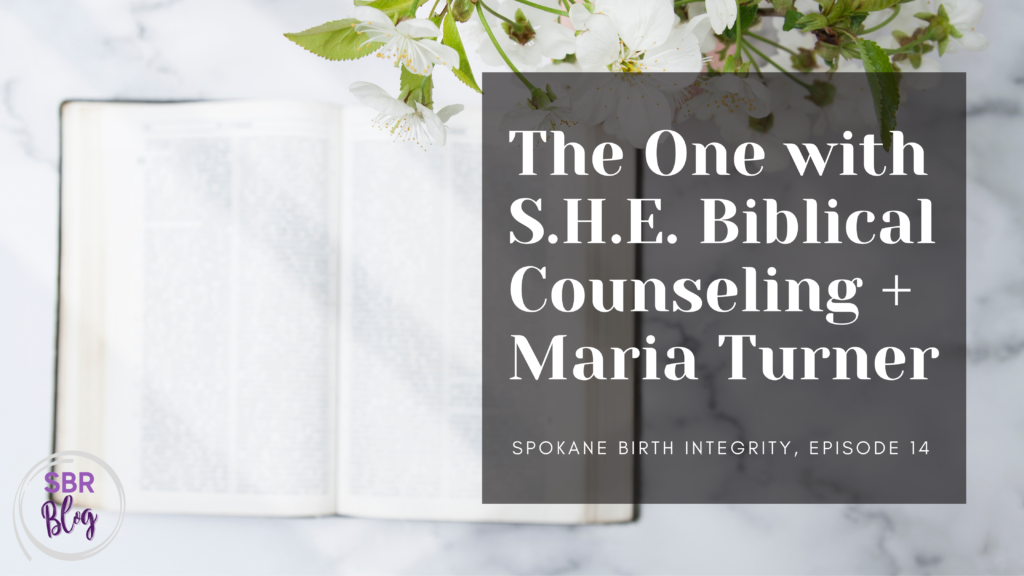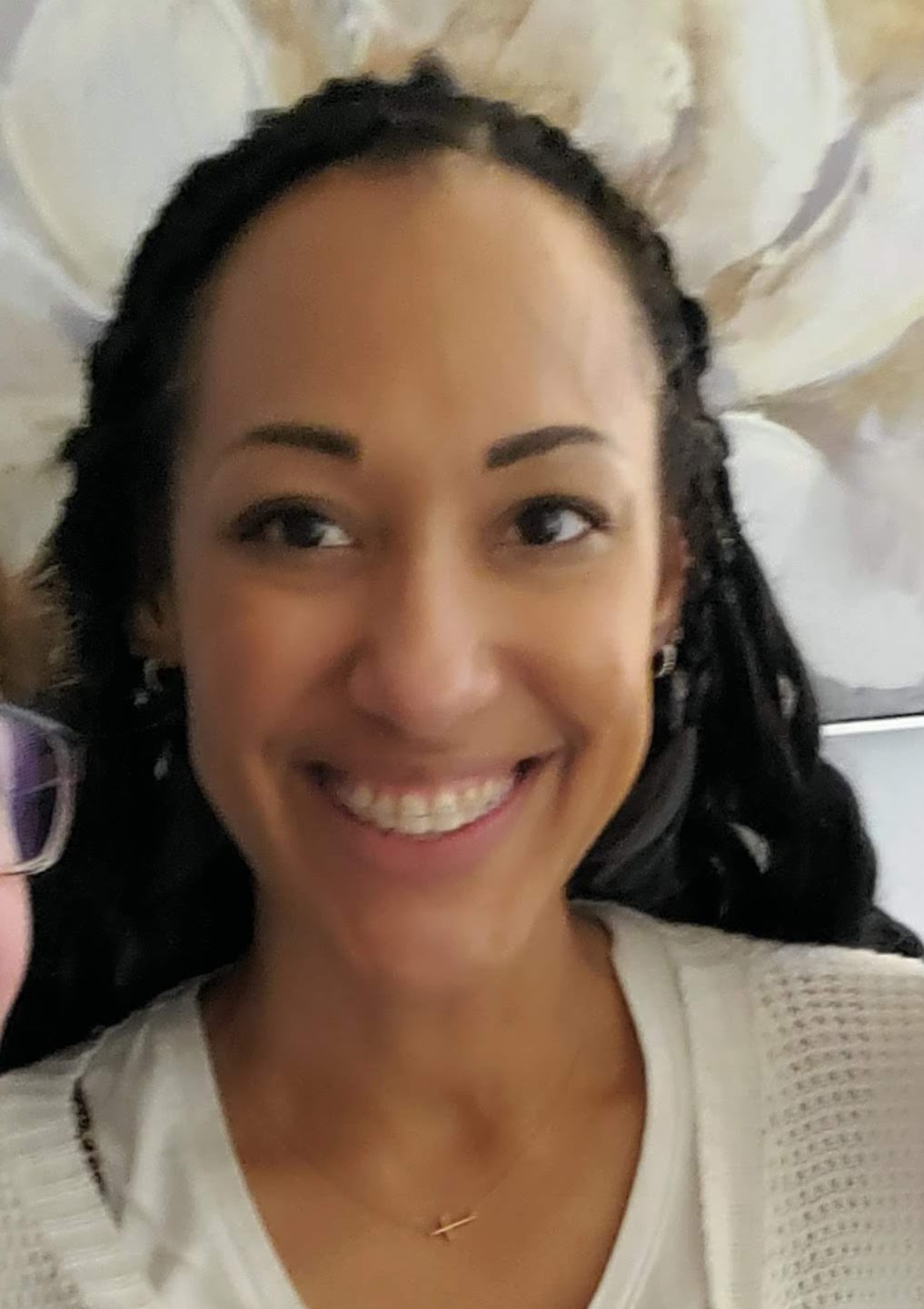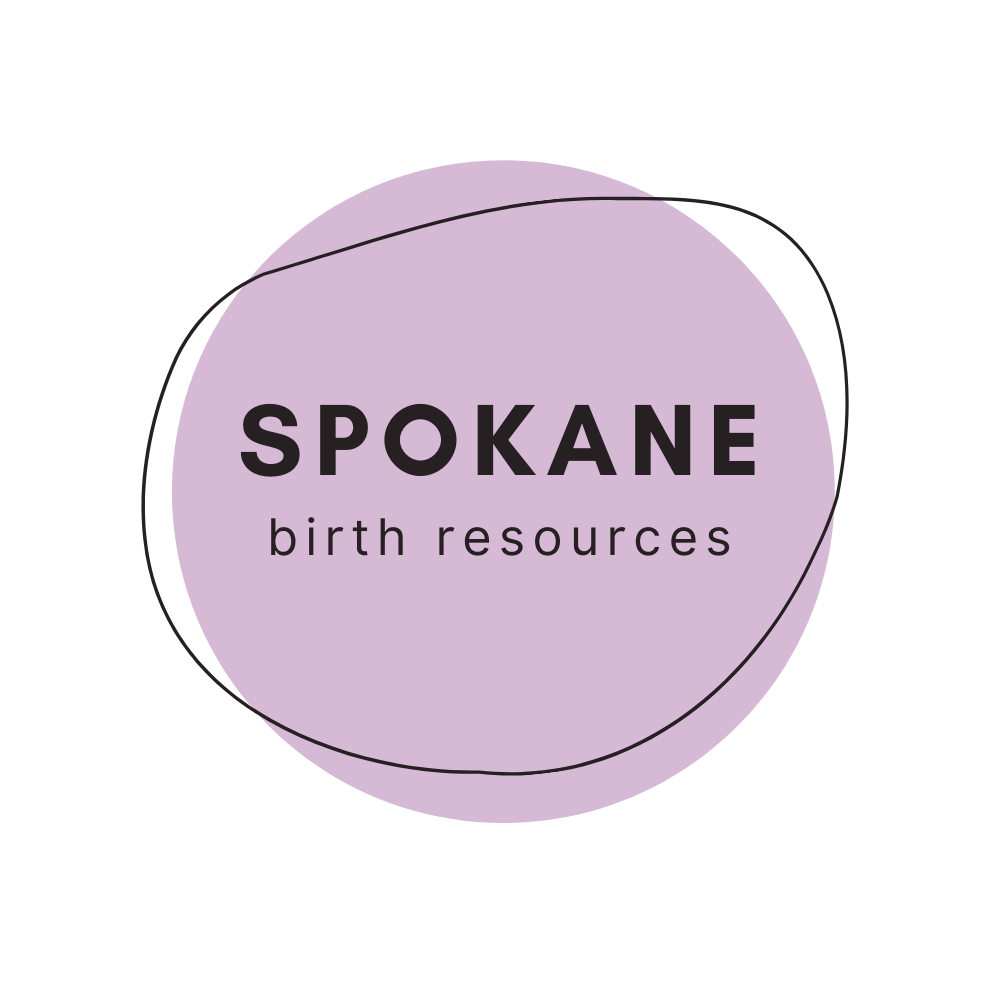
On this episode, Rachel & Amanda interview Maria Turner, counselor and owner of S.H.E. Biblical Counseling in Spokane. We talk about mental load, the connection between mental health and breastfeeding, and Maria’s elevator speech for why someone should pursue counseling. She is doing a great work advocating for mental health in Spokane, and we hope you enjoy our conversation with her!
Maria is passionate about supporting women 18 and older during the perinatal cycles and phases. As a Licensed Counselor, Certified Perinatal Professional Provider, Certified Birth and Bereavement Doula, with midwife assistance training, and extended training in breastfeeding support, Maria has a desire to support, honor, and edify women in their unique transitional experiences.
The counseling room is what Maria likes to call the “holding space”, it is a space where she invites you to come and simply be, a place to unravel, a place to remind you that you are heard and seen, a place to remember your value and worth, a place to remember that you were created with a purpose, a place to remember that you do not walk alone that God is near you at all times, a place to remember the power of prayer and God’s Word.
Maria is a goal-oriented counselor who offers support in the following areas: Perinatal Mood Disorders, Trauma, Depression, Anxiety, Rage, Parenting Support, Marital struggles, Interpersonal struggles, Comparing struggles, Maladaptive Coping Mechanism, Intrusive thoughts, Distress, Life adjustments, Attachment ruptures/fractures, Pregnancy and Infant Loss. Maria also offers consultation services to birth workers, perinatal counselors, pastors, and others who support women in the perinatal stages.
Follow Maria Turner on Instagram and Facebook, and check out her high-visibility ad on the Mental Health page of the SBR Directory!

0:00 – The back-story
4:58 – “There is a big cross-over between breastfeeding and mental health.”
5:25 – Home life
7:37-10:40 – Doula/bereavement work
7:37 – Doula/bereavement work
8:47 – The concept of death and loss in America is kind of taboo, so most people feel nervous or scared to approach or talk about it
9:32 – “The reality is, you’re not okay after a loss, and it might be a while until things are okay again.”
10:40-13:11 pandemic mental health crisis
10:40 – Pandemic mental health crisis
12:50 – “It’s the medical fields turn to have some respite, to catch our breaths and find stability again.”
13:11-14:28 – Burnout therapy
14:00 – Everyone is looking for a therapist and every therapist is looking for a therapist
14:18 – “I think COVID was a really important time for the support systems to make sure that they also had support in place, as well.”
14:28-18:08 – Pandemic pivots
15:55 – “People hide in different kinds of ways and maybe work is the distraction.”
18:08-20:45 – Mental load
18:52 – “No one sees your mental load unless you tell them about it.” – Amanda
19:21 – Counseling is interesting in that it offers this pause moment and a space where you can engage in mental unloading.
20:45-27:00 – Super-Mom Collage
23:28 – Now you have a baby, so now you have to change things. Things have to change.
23:34 – Being able to keep everything you had before and put a baby on top of it, that’s the image we have of a super mom. No, that’s a mom who has mental overload, that’s what that is.
24:24 – “What is wrong with saying that you don’t have the capacity for something? When did that become a shameful statement?”
25:24 – “We all function from a belief – positive or negative – and we really have to ask ourselves: “Is this belief true or not? And is it fruitful?”
27:00-33:26 – Postpartum mood assessments
31:47 – “I think it’s important to normalize that PPD onset can happen at anytime – 2 weeks, 3 months, 8 months, etc. Handing out an assessment and making it routine should be the standard of care.”
32:23 – We know that moms can present one way, and have a whole something else going on inside.”
33:26-38:44 – Causality and origins of depression
35:38 – Depression and anxiety are symptoms of a narrative that we need to figure out and explore.
38:15 – This experience (mood disorder) created an opportunity for us to work and explore other things.
38:44-40:20 – Fear of postpartum
40:03 Trauma and distress is in the eye of the beholder.

40:20-48:36 – Therapy and counseling stigma
41:45 – There are many different roads to healing.
48:36-51:37 – Name-story
51:37-53:13 – Contacts
53:13-55:30 – Spokane Birth Resources shout-out!
53:31 – “I think that Spokane Birth Resources is a way to care for families in our community.”
55:30-59:52 – Spokane’s rotating door
53:36 – Why not make it easy for families to find information?
56:35 – It discredits Spokane and the work that has been done building up the mental health community to suggest that there are no resources here.
58:18 – If everyone leaves because of a lack of resources or support, then what chance does Spokane have?
